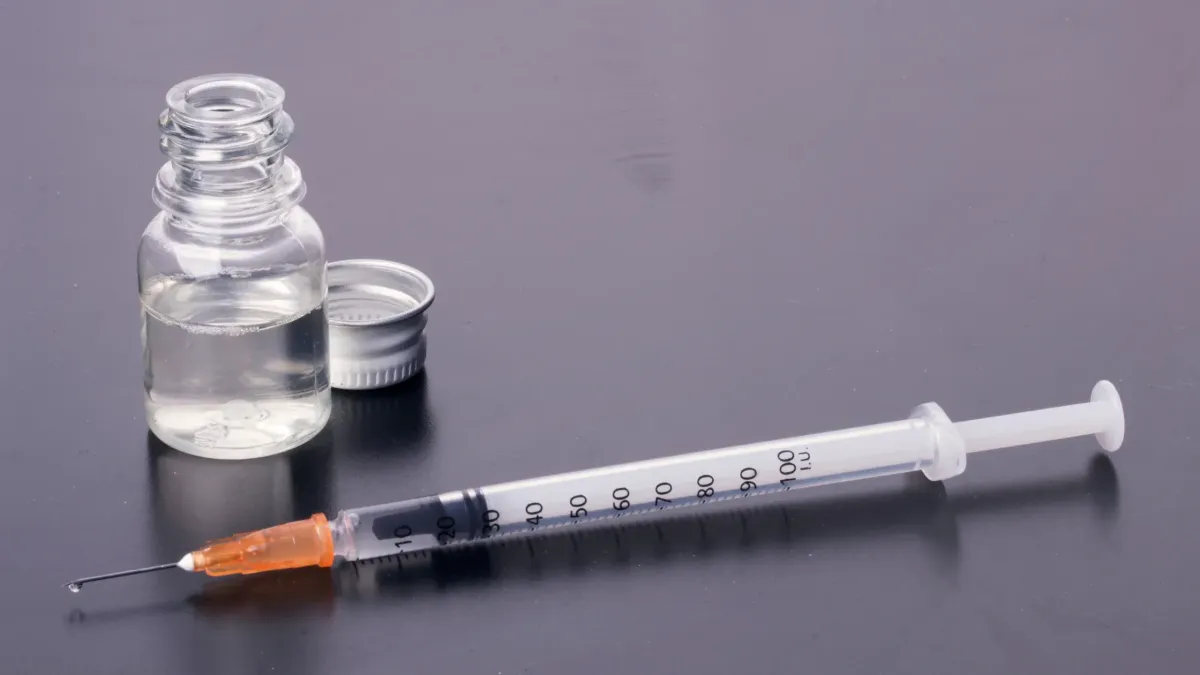Personalized Medicine from
Telehealth Provider EllieMD

Stefanie Raya Brand Partner
Explore my site and use the chat to ask me questions
Flexible telehealth provider offering free doctor appointments and free shipping for quality peptides supporting weight loss, longevity and sexual health. Products include semaglutide, tirzepatide, NAD+, semorelin, glutathione, PT-141, B-12, and synapsin.
No Hidden Fees
Free and Discrete Shipping
Option to enroll as an affiliate making commissions from sharing the company services with their network.
Works with multiple pharmacies to reduce or eliminate any lapse in medication.
Flexible payment program to include monthly payments accepting Google pay, Apple pay and company financing.
Personalized Medicine from
Telehealth Provider EllieMD

Stefanie Raya Brand Partner
Explore my site and use the chat to ask me questions
Flexible telehealth provider offering free doctor appointments and free shipping for quality peptides supporting weight loss, longevity and sexual health. Products include semaglutide, tirzepatide, NAD+, semorelin, glutathione, PT-141, B-12, and synapsin.

PROTEIN: YOUR SECRET WEAPON FOR WEIGHT LOSS
A focus on protein consumption is not just for bodybuilders and gym enthusiasts. It’s essential for anyone aiming to lose weight – the secret weapon in your weight loss arsenal. Understanding its significance and how to incorporate it into your diet can be pivotal for your success. So let’s look in detail at this mighty nutrient!
THE POWER OF PROTEIN
You are likely already familiar with the weight loss mantra, “calories in, calories out.” However, not all calories are the same. Some calories make you feel more full than others, or can boost metabolism, or regulate blood sugar. In fact, protein accomplishes all of this and more!
Protein is one of the three major macronutrients that your body needs to function properly, alongside carbohydrates and fats. It’s made up of smaller units called amino acids, the “building blocks” of life. Amino acids are the star players in a number of different bodily functions like growth and repair of muscle tissues, the production of enzymes and hormones and the maintenance of a strong immune system. Your digestive system breaks down the protein you consume and makes amino acids that get to work across your body.
Within the context of weight loss, protein is a superhero for a number of different reasons:
Satiety: Eating protein-rich foods causes your body to release hormones that signal to your brain that you’ve had enough to eat. This can help curb between-meal cravings and overeating.
Muscle preservation: When running a calorie deficit, your body will lose both fat and muscle. But consuming enough protein can help preserve your lean muscle, ensuring that the weight you lose is primarily fat rather than precious muscle tissue.
Metabolism boost: Your body expends more energy (and therefore calories) digesting protein compared to fats and carbs. This is known as the “thermic effect of food.”
Hair loss prevention: Hair loss can be a side effect of weight loss for people who don’t get enough protein or have other nutritional deficiencies. Adequate protein intake supports hair structure, encourages growth and helps maintain nutrient balance.
Blood sugar regulation: Protein slows down the absorption of glucose and can stabilize your blood sugar levels. This means you are less likely to have spikes and crashes in your energy levels.
HOW TO GET ENOUGH PROTEIN
Given the superpowers that protein possesses, you may assume that it’s difficult to access the benefits. Luckily for us, that’s not the case! There are many common and inexpensive foods that can help boost your protein intake. Here are some simple and delicious strategies to incorporate into your diet:
Prioritize lean protein sources: Lean protein options like skinless poultry, lean cuts of meat, fish, and plant-based sources like legumes, tofu, and tempeh can help you get enough protein.
Start your day right: Breakfast is an easy meal to incorporate protein in through eggs, yogurt, and more. Try a hearty omelet with veggies, greek yogurt with fruits and nuts, overnight oats with seeds, or a smoothie with added protein powder!
Snack smartly: High protein snacks can help keep your snacking under control and maintain energy levels stable between meals. Choose snacks like string cheese, carrot sticks and hummus, nut butter, or beef jerky.
Protein in every meal: Aim to include at least one source of protein in every meal. Add grilled chicken or tofu to your salads, or lentils or chickpeas as a side dish to any meal.
FINAL THOUGHTS
Protein can be a huge ally to you on your weight loss journey. Beyond its muscle building reputation, protein can keep you feeling full, boost your metabolism and preserve precious lean muscle. Remember that protein isn’t just a nutrient – it’s your secret weapon for a healthier, fitter you. If you’re looking to kickstart your weight loss journey, explore ellieMD’s prescription weight management solutions, and see if you’re a good fit by taking our quick assessment.
